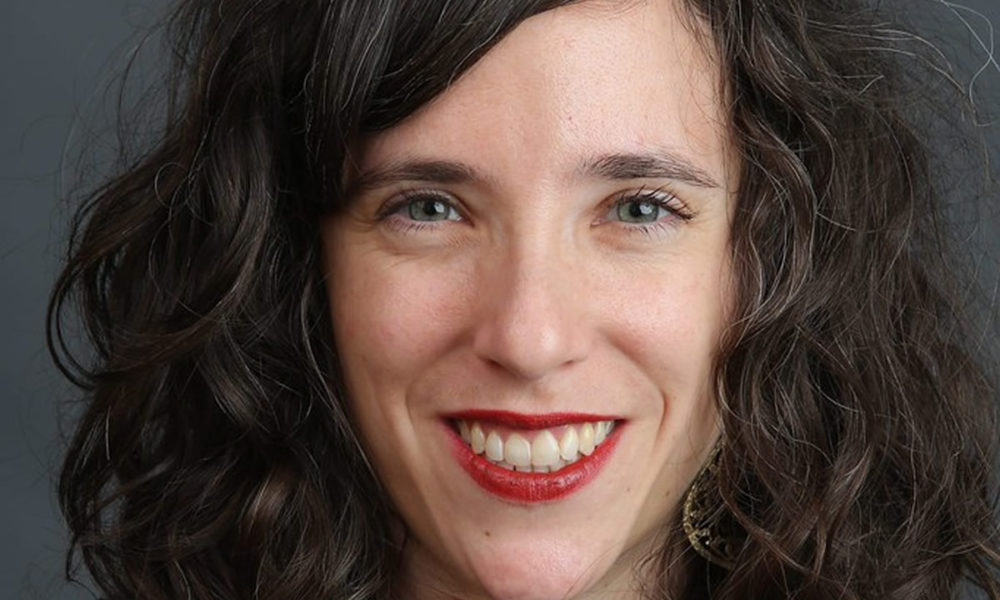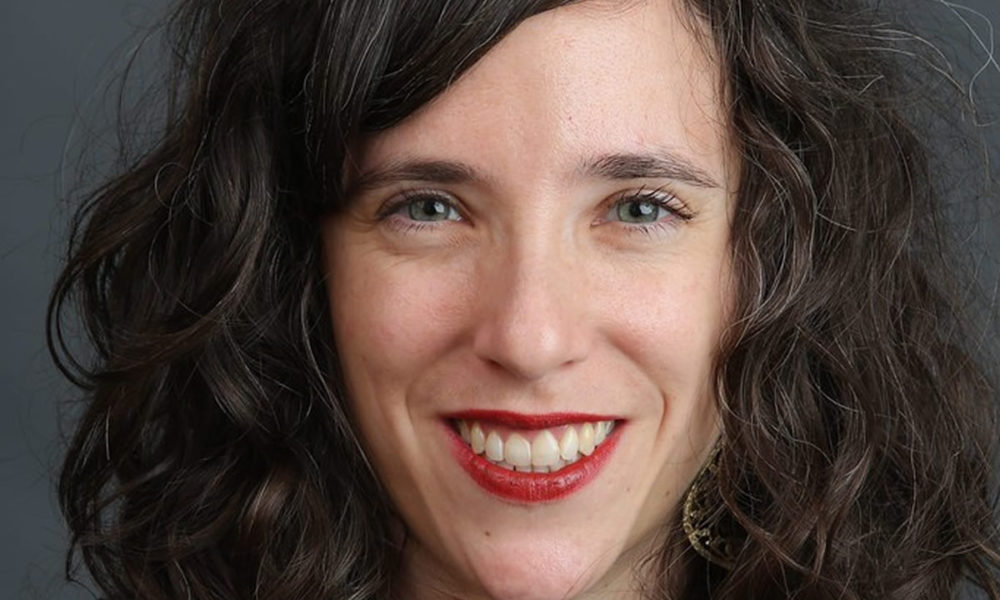
Secretary of State Antony Blinken on Friday noted the President’s Emergency Plan for AIDS Relief has saved more than 25 million lives since its launch in 2003.
Blinken, who spoke at the Business Council for International Understanding’s World AIDS Day event at the Hay-Adams Hotel in D.C., said the more than $100 billion the U.S. has earmarked for PEPFAR over the last two decades has funded 70,000 new community health clinics, 3,000 new laboratories and the hiring of 340,000 health care workers.
“Entire public health systems formed, with over a dozen countries which have either reached their HIV-treatment goals or managed control of the virus altogether,” said Blinken.
Then-President George W. Bush in 2003 signed legislation that created PEPFAR. California Democrat Barbara Lee, members of the Congressional Black Caucus and Dr. Anthony Fauci, the director of the National Institute of Allergy and Infectious Diseases and chief White House medical advisor who is retiring at the end of this month, are among those who played a key role in PEPFAR’s creation.
“PEPFAR has benefitted from bipartisan support, as we’ve heard, across four presidencies, across ten Congresses,” said Blinken. “It’s resulted in an investment of more than $100 billion to the global HIV/AIDS response. This is the largest commitment by one country ever to address a single disease.”
Lee and Fauci were among those who attended the event alongside U.S. Global AIDS Coordinator John Nkengasong; Assistant Health Secretary Rachel Levine; Dr. Deborah Birx, the former White House Coronavirus Response Director, and HIV and Hepatitis Policy Institute Executive Director Carl Schmid.
Blinken in his speech noted “the systems put in place by PEPFAR have become an integral part of the health security architecture of countries around the world.”
Blinken also said PEPFAR has bolstered responses to COVID-19, Ebola and the avian flu.
“We are continuing to build on PEPFAR’s many successes to create a stronger global health security architecture to prevent, to detect, to respond to future health emergencies. Doctor Fauci, you once said that PEPFAR ‘shows what the goodwill of a nation can do,’ and you were right,” said Blinken. “PEPFAR also shows us what American diplomacy can do: Bring together governments, bring together the public and private sectors, communities to tackle challenges that none of us can actually effectively deal with alone and that creates and has created a healthier, safer and ultimately more secure world.”
Five-year PEPFAR strategy to target LGBTQ people
Blinken acknowledged there is still “very serious work still required for us to end the global HIV health epidemic by 2030,” noting HIV/AIDS continues to disproportionately impact LGBTQ and intersex people and other marginalized groups.
“Too many countries still have fragile and insufficiently resourced public health systems, which makes it difficult to offer services beyond HIV/AIDS treatments, and that undercuts our capacity to respond to emerging threats,” he said.
Blinken noted the U.S. on Thursday announced a new PEPFAR strategy that will help “fill those gaps” over the next five years. It includes the following:
• Targeted programming to help reduce inequalities among LGBTQ and intersex people, women and girls and other marginalized groups
• Partnerships with local organizations to help reach “hard-to-reach” communities.
• Economic development and increased access to financial markets to allow countries to manufacture their own antiretroviral drugs, tests and personal protective gear to give them “the capacity to meet their own challenges so that they’re not dependent on anyone else.”
“This latest PEPFAR strategy will keep making advancements like that possible so that millions more people can live healthy lives and live lives to their full potential,” said Blinken.








